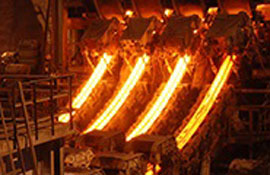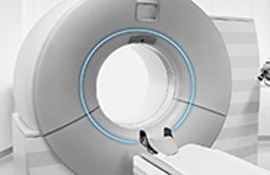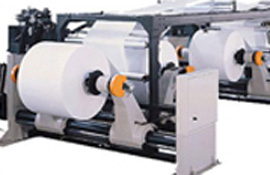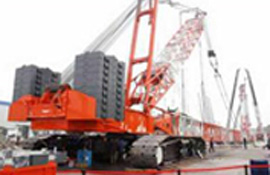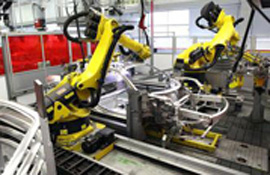Home / News / CNC Bearing Load Capacity: A Critical Factor in Optimizing Performance and Reliability
CNC Bearing Load Capacity: A Critical Factor in Optimizing Performance and Reliability
Introduction
In the realm of advanced manufacturing, computer numerical control (CNC) machines are indispensable for producing high-quality, precision-engineered components. To ensure smooth, accurate, and reliable operation, these machines depend on an intricate system of moving parts, with bearings playing a vital role. Among the factors to consider when selecting bearings for CNC applications, load capacity is crucial, as it directly impacts the machine's performance, accuracy, and service life. In this article, we will discuss the importance of CNC bearing load capacity, its effect on machine performance, and the factors that influence it.
The Importance of CNC Bearing Load Capacity
Load capacity is a measure of the maximum load a bearing can support without excessive wear or failure. In CNC applications, the bearing load capacity is critical, as it affects several aspects of machine performance:
Accuracy: Bearings with insufficient load capacity can lead to excessive deflection and deformation, negatively impacting the accuracy of the machining process.
Rigidity: A higher load capacity contributes to increased bearing stiffness, which is essential for maintaining the stability of the machining process and ensuring the accuracy and quality of the finished product.
Service Life: Bearings with an adequate load capacity can better withstand the stresses and wear of CNC machining operations, resulting in a longer service life and reduced downtime for maintenance.
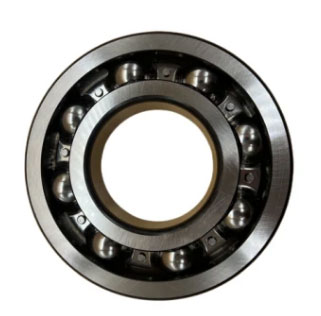
Factors Influencing CNC Bearing Load Capacity
Several factors influence the load capacity of CNC bearings:
Bearing Type: Different bearing types are designed to support different types of loads. For example, cylindrical roller bearings excel in supporting high radial loads, while angular contact ball bearings are ideal for applications requiring both radial and axial load support.
Bearing Size: The size of the bearing plays a significant role in determining its load capacity, with larger bearings generally having a higher load capacity than smaller bearings.
Material: The bearing material affects its load capacity, as different materials exhibit varying levels of strength, hardness, and wear resistance. For instance, ceramic bearings, made from advanced materials such as silicon nitride or zirconium oxide, offer higher load capacities and longer service life compared to traditional steel bearings.
Lubrication: Proper lubrication is essential for maintaining bearing load capacity, as it minimizes friction, wear, and heat generation, ultimately prolonging bearing life.
Preload: Preloading a bearing can increase its rigidity and load capacity, improving machining accuracy and stability. However, excessive preload can lead to increased friction, wear, and heat generation, potentially reducing bearing life.
Conclusion
Load capacity is a critical factor in optimizing the performance and reliability of CNC machines, as it directly impacts accuracy, rigidity, and service life. Understanding the importance of CNC bearing load capacity and the factors that influence it can help manufacturers select the appropriate bearings for their specific applications, ultimately enhancing machine performance and extending its service life. By considering factors such as bearing type, size, material, lubrication, and preload, manufacturers can ensure that their CNC machines are equipped with the optimal bearings to withstand the demands of advanced manufacturing processes.
- Previous: CNC Bearing Types: A Comprehensive Guide to Selecting the Right Bearings for Your Application
- Next: CNC Bearing Failure Analysis: Identifying Causes and Implementing Solutions for Enhanced Performance



